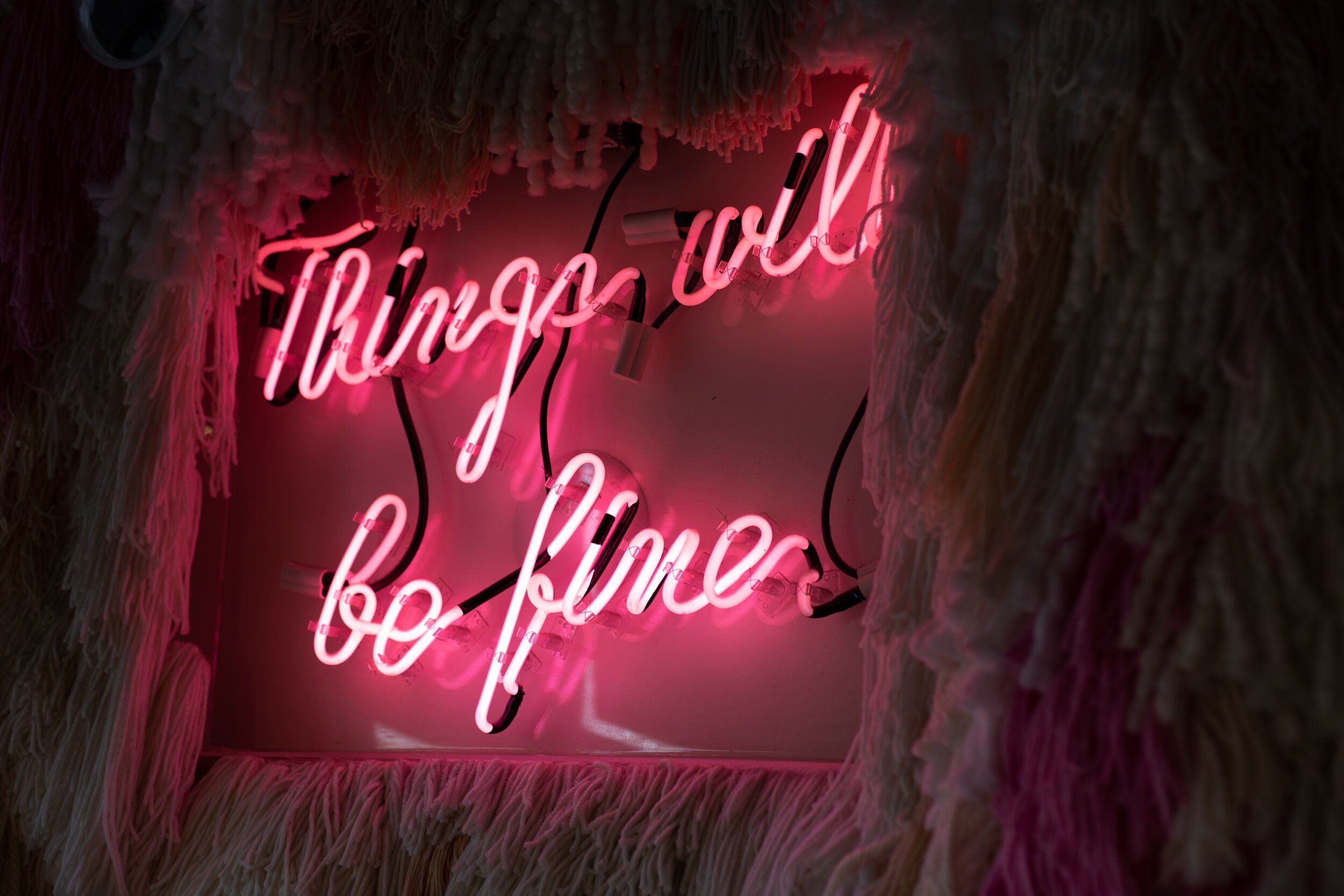Prioritizing your Physical and Mental Health in the Theatre World
The first quarter of my freshman year at Northwestern went perfectly. I auditioned at generals the first week, and was cast as the lead in one of the biggest musicals on campus. I was accepted into the Musical Theatre Certificate program a few weeks later. I got into my top choice student theatre board, and an awesome performance group. I made tons of friends through all of these extracurriculars, and I already felt like I belonged.
I joke now that things were going a little too perfectly, because things were about to fall apart. It was tech week for my show, and I was barely making it through runs without passing out. Fast forward, and it’s the morning of opening night. I wake up without a voice, and immediately start vomiting. I go to Student Health, and they told me I actually had mono and it wasn’t safe for me to perform. Because I had unknowingly been pushing myself to sing and dance all tech week, I had caused further complications and was hooked up to an IV.
I was completely devastated. Despite pressure to go on, I decided I didn’t feel comfortable doing so given how ill I was. The show was canceled opening night, and I felt so guilty knowing that the entire team’s hard work wouldn’t be seen because of me. I started to catastrophize. I convinced myself that the entire theatre department was gossiping about me, no one would ever want to work with me again, everyone would hate me for not going on, I would have no friends, and this was the end of my Northwestern theatre career.
I fell into what would be a long period of depression, in which I stayed alone sick in my dorm room and isolated myself. I felt worthless after not performing, as though it was all I had to offer.
After going through this rollercoaster of events, I came to the realization that having my self-esteem and well-being be dependent on my theatrical success needed to come to an end. Reflecting on theatre in high school, it became clear that this was a long-time pattern for me.
I knew it would be a really hard pattern to break. The competitive and insular environments of many high school and college theatre programs can lead young people to believe their social status, talent, and worth is determined by a cast list. It can feel impossible to step aside and remind yourself that it doesn’t really matter, when literally every single cue in your environment is telling you otherwise.
For anyone struggling with similar instability in high school, during the college audition season, or in college, here are some thoughts that have helped me develop a healthier relationship to theatre:
Reflecting on my own values helped me solidify that I don’t actually want to be primarily valued for how good I am at acting, singing, or dancing. I care more about being valued in my community as a compassionate and loving person. It’s important to value yourself for the things that are constant and in your control, so that you can always remind yourself of your worth no matter what the circumstances.
Shows and parts come and go. If there are people in my life who are only my friends when I have “clout” or I’m a lead in a show, then they aren’t worth my time or stress anyways.
I like to think of high school and college theatre programs as a small, impenetrable bubble. Anyone outside the bubble doesn’t know anything that’s going on within it, nor do they really care. It was super helpful for me to talk to friends outside of the theatre community who didn’t even know there was a musical going on. It can be super valuable to step outside of the bubble and ground yourself with an unbiased perspective.
Other people’s negative perceptions about an outcome do not have to become your own. Sometimes my own fear of other people’s judgments cloud my ability to make the best of a situation and make peace with disappointment. The truth is, literally every theatre kid is probably just as insecure as you. Chances are, they’re too wrapped up in their own self-consciousness to devote any energy to judging you.
No high school/college show or college audition is more important than your mental or physical health. You are a human being first, and a performer second. Even in the face of pressure from other students and faculty to prioritize a production over your health, or competitive peers that make it feel like the end all be all, it’s important to always take care of yourself first.

